The Government proposed and the National Assembly Standing Committee agreed not to adjust the increase in environmental protection tax on gasoline and oil to limit unfavorable factors that could negatively affect the implementation of socio-economic development goals.
The Government proposed and the National Assembly Standing Committee agreed not to adjust the increase in environmental protection tax on gasoline and oil to limit unfavorable factors that could negatively affect the implementation of socio-economic development goals.
 |
| In 2025, environmental protection tax on gasoline will not be adjusted to increase to support the economy. Photo: Duc Thanh |
Fear of negative impact
From 2022 to 2024, the policy of reducing environmental protection tax on gasoline, oil, and grease (50% reduction) has been implemented. According to the Government's assessment, this is an effective solution to support the economy during difficult times due to the impact of the epidemic or slow growth.
Although this has a direct impact on reducing state budget revenue. Specifically, the revenue reduction due to the reduction of environmental protection tax on gasoline, oil, and grease in 2023 is about VND 38,274 billion; in the 10 months of 2024, it is estimated at VND 33,256 billion (excluding the corresponding reduction in value-added tax). The Government explained that this is also the State's direct support for people and businesses, contributing to the recovery of production, business, and socio-economic development.
According to the provisions of Resolution No. 579/2018/UBTVQH14 (Resolution No. 579), from January 1, 2025, the new environmental protection tax rate for gasoline, oil, and grease will be applied. Specifically, the environmental protection tax rate for gasoline, excluding ethanol, is VND 4,000/liter; jet fuel is VND 3,000/liter; diesel is VND 2,000/liter; kerosene is VND 1,000/liter; fuel oil is VND 2,000/liter; lubricants are VND 2,000/liter; grease is VND 2,000/kg.
According to the Government, increasing the ceiling in the tax bracket as above will contribute to ensuring state budget revenue. However, when the environmental protection tax on gasoline, oil, and grease increases, it will have a negative impact on the economy. Because the environmental protection tax on gasoline, oil, and grease will increase the retail price of these items, creating pressure to increase inflation, thereby causing disadvantages in achieving economic growth targets, Minister of Finance Nguyen Van Thang reported at a recent meeting of the National Assembly Standing Committee.
More specifically, the Government's report cited the General Statistics Office's assessment that if from January 1, 2025, the environmental protection tax on gasoline increases from VND 2,000/liter to VND 4,000/liter, the impact will cause the general Consumer Price Index (CPI) in 2025 to increase by about 0.33 percentage points.
Environmental protection tax on diesel increases from VND 1,000/liter to VND 2,000/liter, affecting the general CPI in 2025 by about 0.005 percentage points.
The Government recognizes that in 2025, the world economic context is forecast to continue to change rapidly and unpredictably, and the slowing global economic growth will have a significant impact on Vietnam's economic situation. Currently, although Vietnam's economy is gradually recovering, it is not really stable and solid due to many potential factors, increasing pressure on domestic inflation such as natural disasters, storms, floods, climate change, the law of inflation often increases in the last months of the year, holidays, Tet ... affecting the promotion of economic growth.
Therefore, if the environmental protection tax on gasoline, oil, and grease is increased from the beginning of next year, it will increase the pressure on macroeconomic management and inflation control. “This will be an unfavorable factor in achieving the goals of growth and macroeconomic stability, especially since 2025 is an important year, the final year of implementing the 5-year socio-economic development plan 2021-2025”, the Government emphasized.
Therefore, the Government proposed that the National Assembly Standing Committee issue a resolution on environmental protection tax rates for gasoline, oil, and grease to be applied in 2025. Specifically, gasoline (except ethanol) is 2,000 VND/liter; jet fuel, diesel, fuel oil, and lubricants are 1,000 VND/liter; grease is 1,000 VND/liter; and kerosene is 600 VND/liter.
Consider a gradual path
Chairman of the National Assembly's Finance and Budget Committee, Mr. Le Quang Manh, said that the majority of opinions in the Committee agreed to consider reducing environmental protection tax on gasoline, oil, and grease as proposed by the Government to contribute to stabilizing domestic gasoline and oil prices, controlling inflation, stabilizing the macro-economy, supporting people and businesses, and creating more motivation to promote socio-economic development.
Mr. Manh also reflected that many opinions suggested careful consideration of continuing to implement this tax reduction policy for many reasons, including a reduction in budget revenue (expected) of about VND 43,940 billion (including the reduction in value added tax) while the National Assembly has decided on the state budget estimate and allocation of the central budget in 2025. This will impact and put pressure on the state budget and reduce local budget revenue in the context of many difficulties in revenue sources and many important spending tasks that require resource allocation for implementation.
Some opinions in the Committee also said that although not continuing to implement the environmental protection tax reduction policy as implemented in 2022-2024 may create disagreement among the people and the business community, the environmental protection tax reduction also needs to be considered until the end date to ensure consistency with the nature and principles of this tax, as well as to implement Vietnam's commitments to protect the environment.
Therefore, these opinions suggest considering the option of gradually increasing the environmental protection tax rate to apply the tax rate prescribed in Resolution No. 579, in the direction of continuing to maintain the tax rate as proposed by the Government in the first 6 months of 2025. In the last 6 months of 2025, reduce 25% for gasoline, diesel oil, fuel oil, lubricants, grease, reduce 50% for jet fuel. Particularly for kerosene, it is proposed to continue to reduce 40% for the whole year of 2025 (applying the rate of 600 VND/liter) because this is a commodity mainly used in remote and disadvantaged areas.
This roadmap will create a favorable basis for the resumption of the ceiling tax on gasoline, oil, and grease as prescribed in Resolution No. 579 from January 1, 2026, while also demonstrating the State's policy of accompanying and supporting people and businesses and in line with developments and forecasts of crude oil prices on the world market. This also contributes to creating more trust in the international community about Vietnam's commitment and efforts to implement solutions to minimize harmful impacts on the environment, comply with the commitments of the Vietnamese Government at the COP26 Conference, creating room for the possibility of adjusting the environmental protection tax rate up or down when necessary and minimizing the impact on the state budget.
Discussing at the National Assembly Standing Committee, Chairman of the Law Committee Hoang Thanh Tung said that the Government needs to forecast policies and assess impacts to determine whether this tax rate can continue to be applied in 2026. If the environmental protection tax rate according to Resolution No. 579 can be applied in 2026, Mr. Tung suggested that the Government should consider gradually increasing the environmental protection tax on gasoline, oil, and grease from the end of 2025 so that people and businesses can gradually get used to the new tax rate.
National Assembly Chairman Tran Thanh Man suggested that the Government consider a roadmap to gradually increase environmental protection tax rates to apply the tax rates stipulated in Resolution No. 579, ensuring consistency with the nature and principles of environmental protection tax, consistent with forecast developments in crude oil prices on the world market as well as implementing Vietnam's international commitments.
After discussion, the National Assembly Standing Committee voted to pass the Resolution on applying environmental protection tax rates on gasoline, oil, and grease with the approval of 100% of the members present.
Thus, at the earliest, the reduction of environmental protection tax on gasoline will end in early 2026.
The Standing Committee of the National Assembly unanimously issued a Resolution allowing the extension of the implementation period of Resolution No. 09/2021/UBTVQH15 dated December 8, 2021 of the Standing Committee of the National Assembly on social insurance and unemployment insurance management costs for the period 2022 - 2024 with the maximum temporary management cost deduction being 1.44% of the estimated revenue and expenditure of social insurance and unemployment insurance, until June 30, 2025.
This is a temporary solution to ensure the operation of social insurance management in the absence of a new resolution and the implementation of streamlining the organization of Vietnam's social insurance apparatus.
Source: https://baodautu.vn/thue-bao-ve-moi-truong-voi-xang-dau-giam-den-khi-nao-d235777.html




![[Photo] Closing of the 11th Conference of the 13th Central Committee of the Communist Party of Vietnam](https://vstatic.vietnam.vn/vietnam/resource/IMAGE/2025/4/12/114b57fe6e9b4814a5ddfacf6dfe5b7f)
![[Photo] Overcoming all difficulties, speeding up construction progress of Hoa Binh Hydropower Plant Expansion Project](https://vstatic.vietnam.vn/vietnam/resource/IMAGE/2025/4/12/bff04b551e98484c84d74c8faa3526e0)


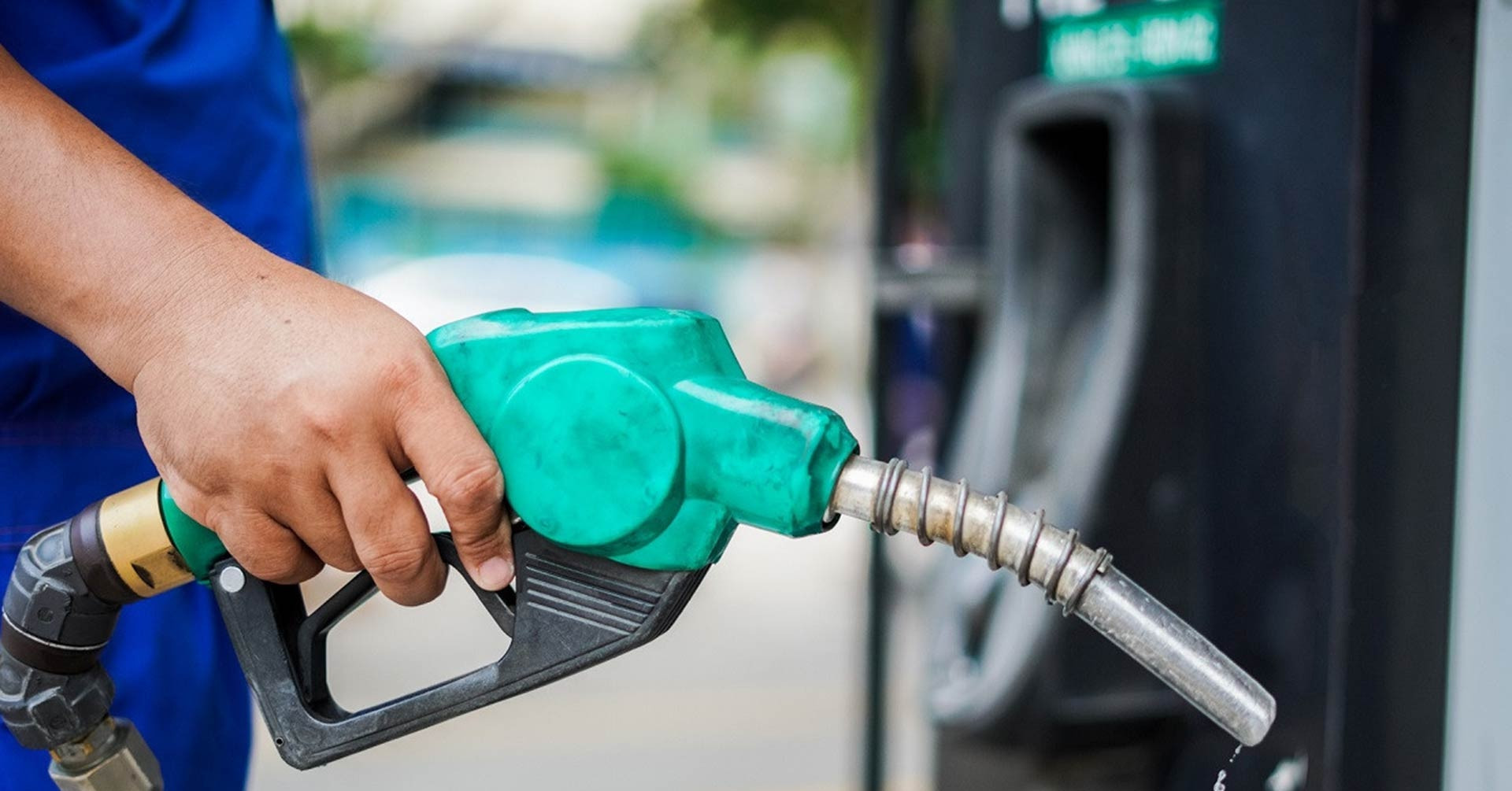

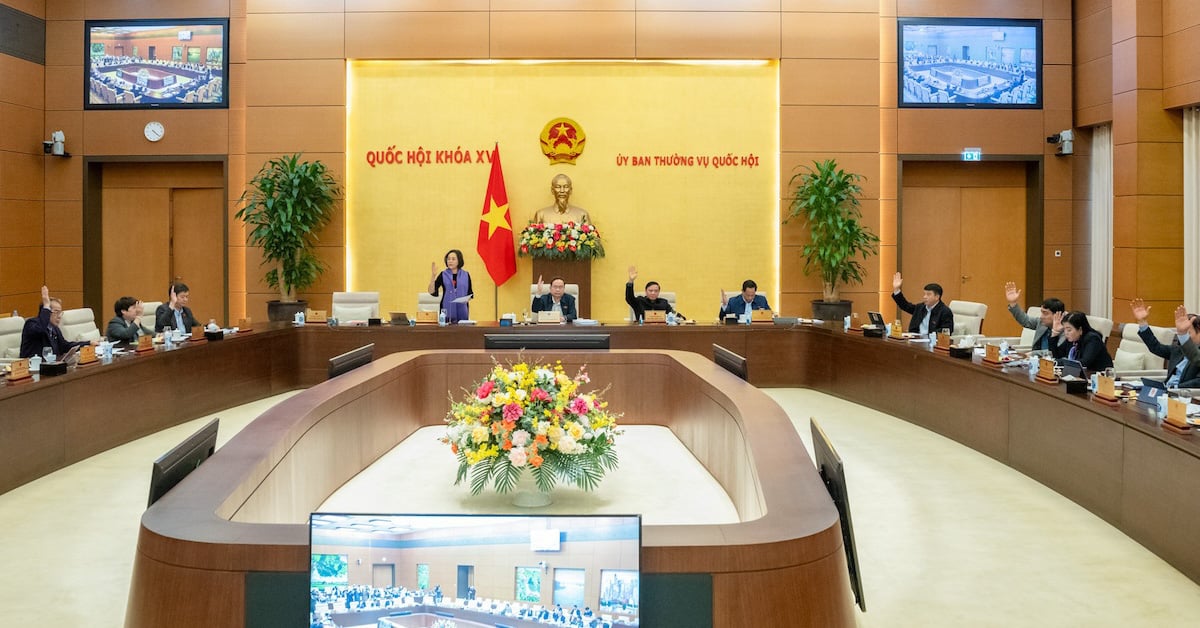

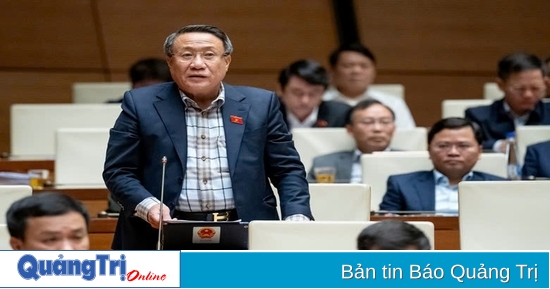

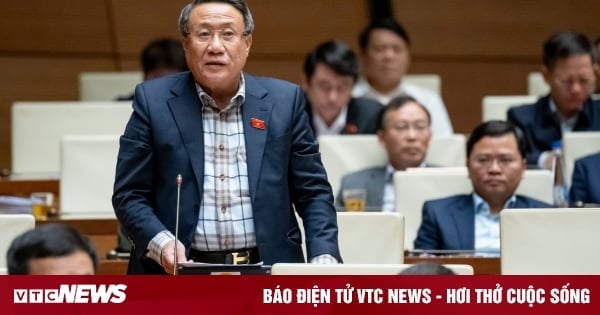

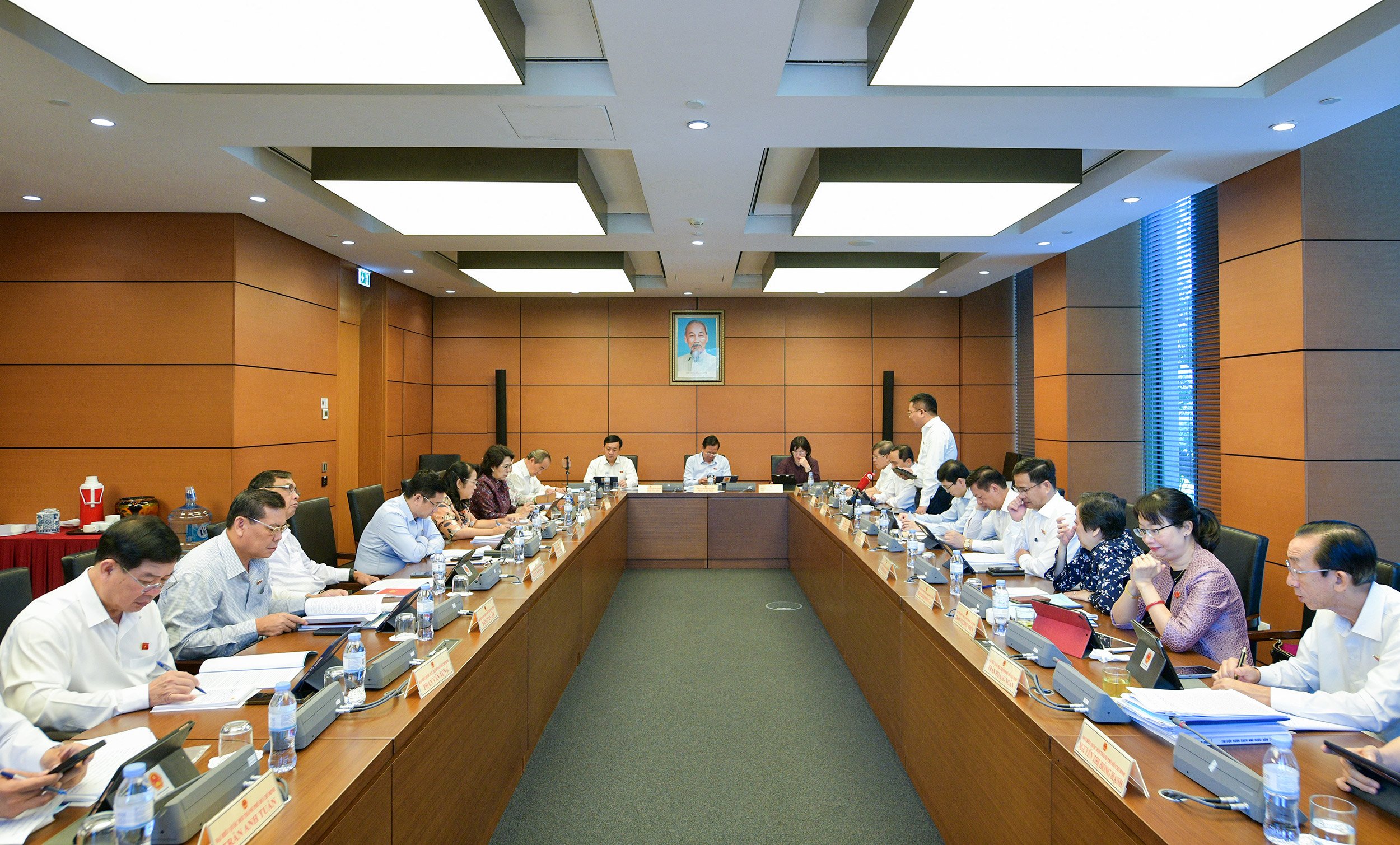
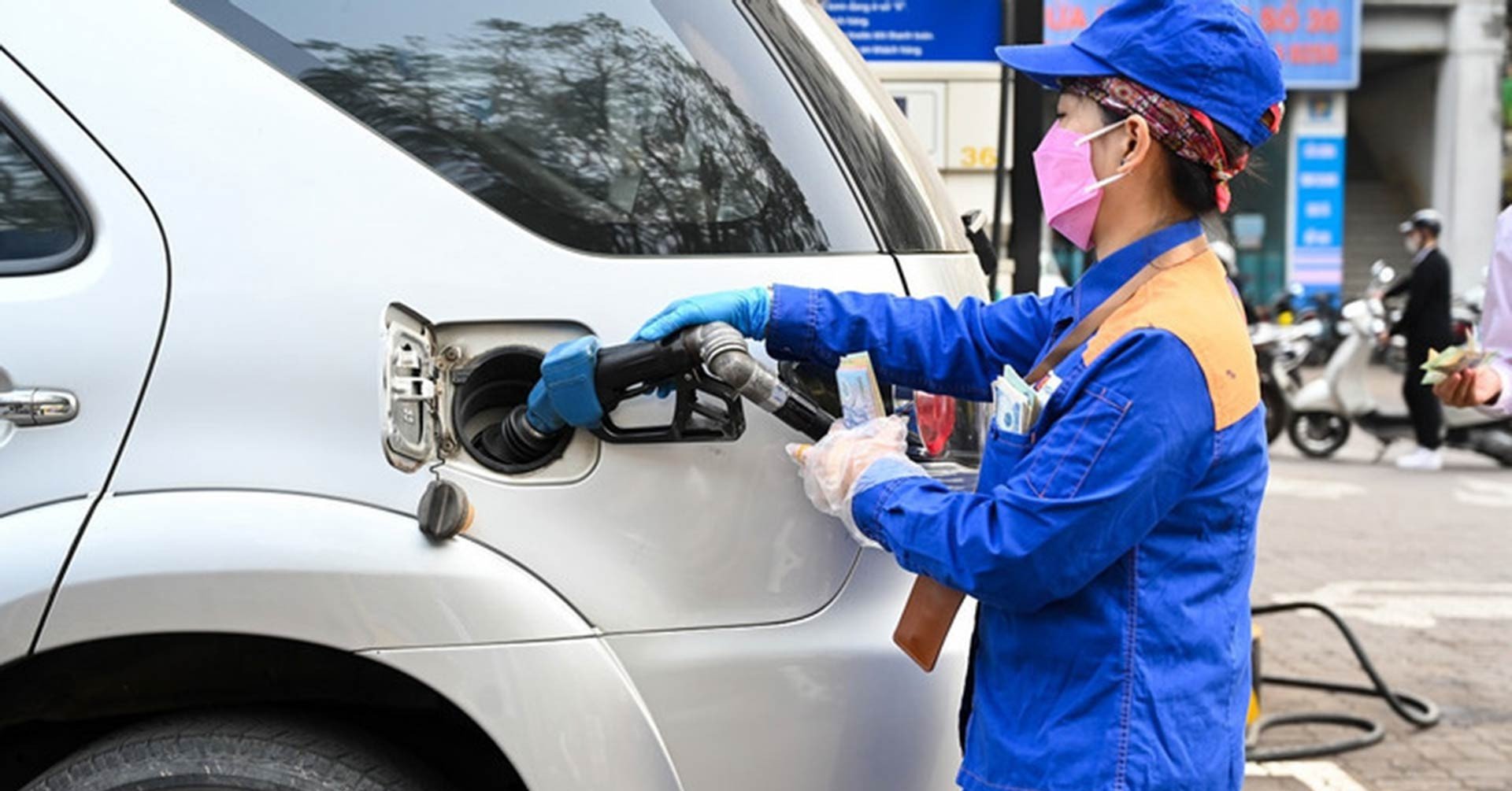



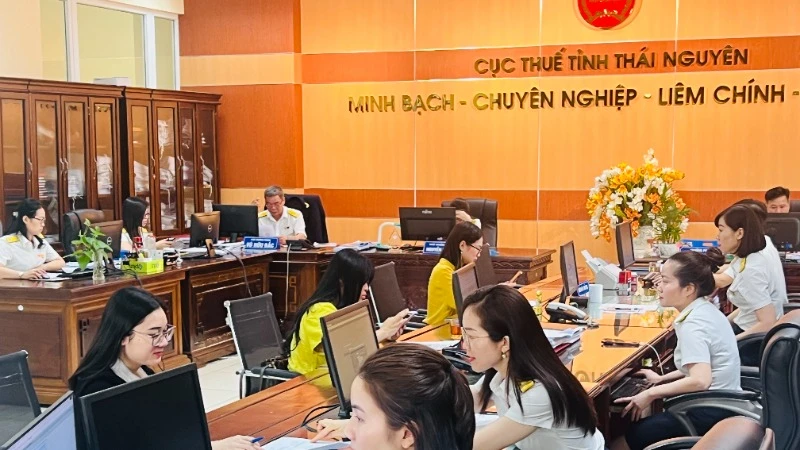
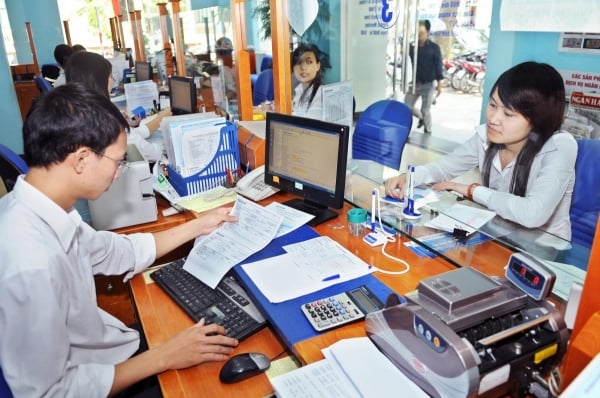
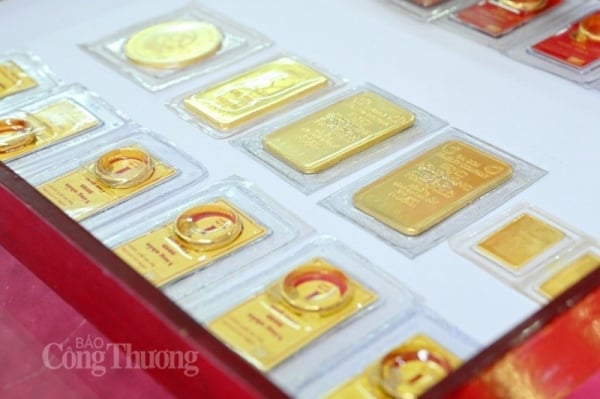



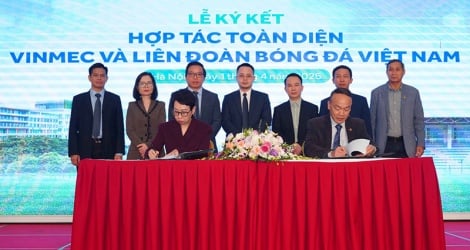



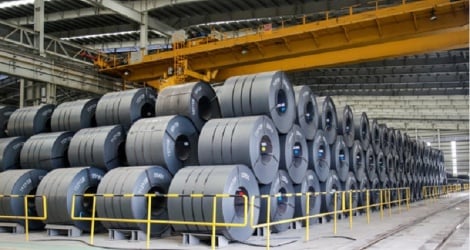















































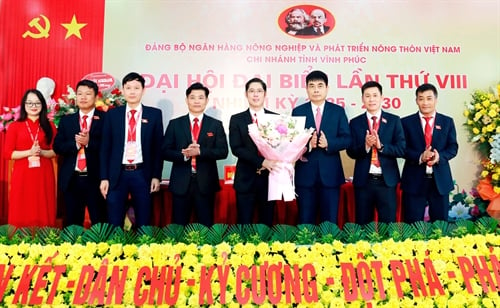















Comment (0)